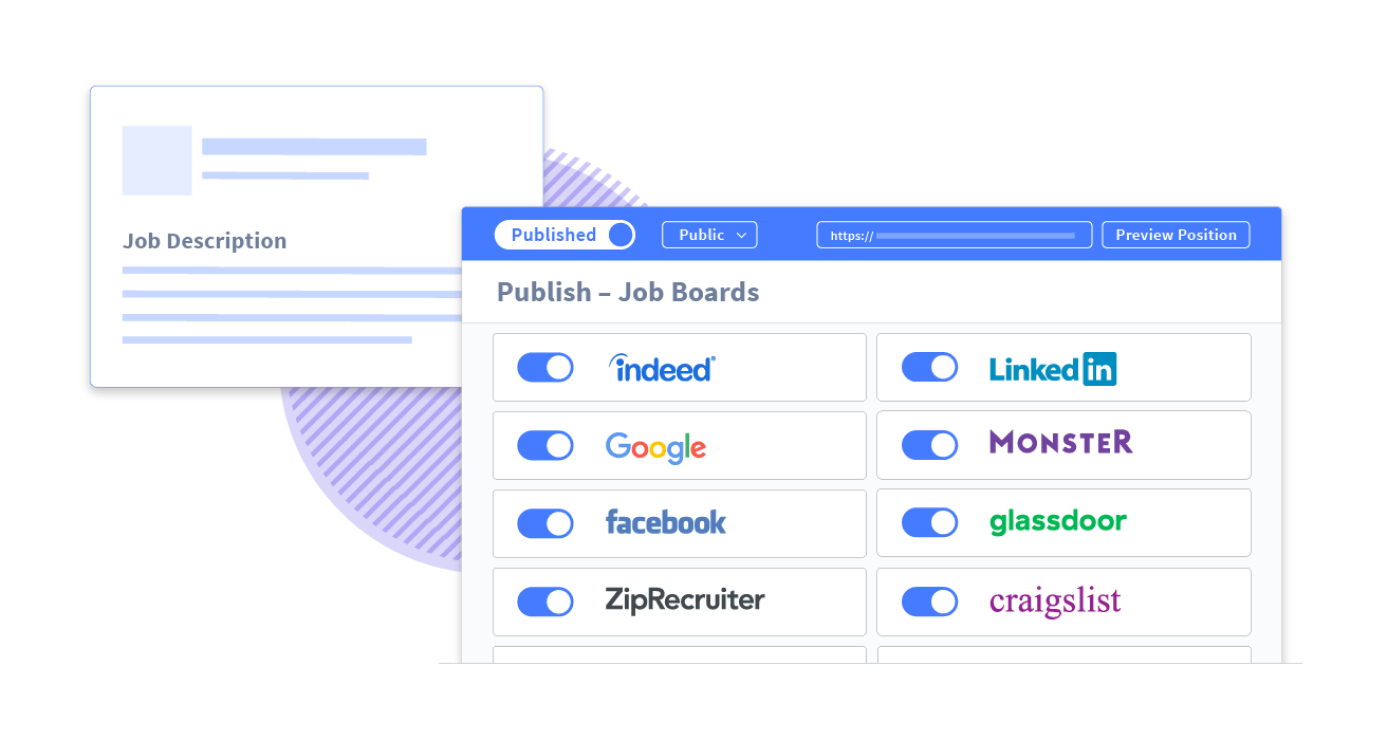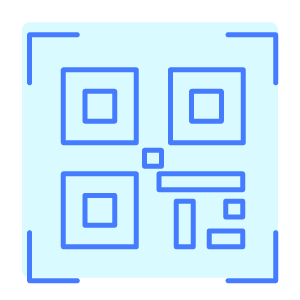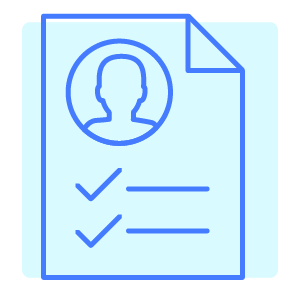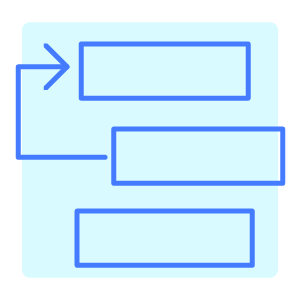Hire Healthcare Data Analysts
Whether we recognize it or not, there are patterns and trends all around us that can affect our everyday life. In a healthcare institution, healthcare data analysts collect, analyze, and present data to support the business’s efficiency and profitability.
Hiring managers should focus on writing an accurate and compelling job description. It is the first point of communication between candidates and the hiring medical facility or institution. Create a job description that is clear, concise, and detailed. Are you looking for candidates who live in a specific area? What is the schedule? Is prior experience required? Outline the responsibilities and requirements clearly. Keep in mind that the job description should be more than just a list of expectations. Highlight what you can offer the candidate in terms of benefits, growth opportunities, and company culture. Depending on the need, healthcare data analysts may work in hospitals, health insurance companies, large physician practices, and other health organizations.
Healthcare data analysts are alternatively called healthcare business analysts and health information management analysts. Hiring managers should also include these job titles in the job announcement so their posting appears more frequently on job search engines, widening the candidate reach.
Once you have a compelling job description, posting your job announcement is the next step. Aside from general job boards, it is best for hiring managers to post job announcements on healthcare-specific job boards, online groups, and in community groups as well.
Healthcare Data Analyst Responsibilities
Healthcare data analysts gather, organize, analyze, and use data to help management make informed business decisions and improve the overall quality of care. There are numerous data sets that a hospital or healthcare facility receives daily from various sources: patient satisfaction surveys, billing reports, and claims reports, to name a few.
Healthcare data analysts compile these raw data, investigate them for trends or patterns, and organize them. They are responsible for presenting their insights to management executives and sending them to healthcare business operations. Healthcare business analysts must have a strong understanding of the healthcare business system and goals. Additionally, they should be able to convert and present the data through charts, graphs, patterns, and other ways that non-technical individuals can understand.
Ultimately, management executives use this information to recognize areas for improvement, implement decisions to increase efficiency, and elevate the quality of care for patients.
Healthcare Data Analyst Skills and Qualifications
The ideal candidate for a healthcare data analyst role has strong problem-solving skills and an analytical mindset. Candidates must have excellent organization skills and keen attention to detail. Moreover, exceptional written and verbal communication skills are a must as healthcare data analysts interact closely with management.
Candidates should have a bachelor’s degree in statistics, mathematics, health information management, or a related field. A master’s degree in any of these fields is an advantage. Other qualifications include: proficiency in data management applications, Python, and other systems. Prior experience of at least four years in a similar role is preferred.
Healthcare data analysts contribute much to the healthcare business space. Through their data analyses and insights, they assist the hospital decision-makers in finding ways to improve, thrive, and serve.








